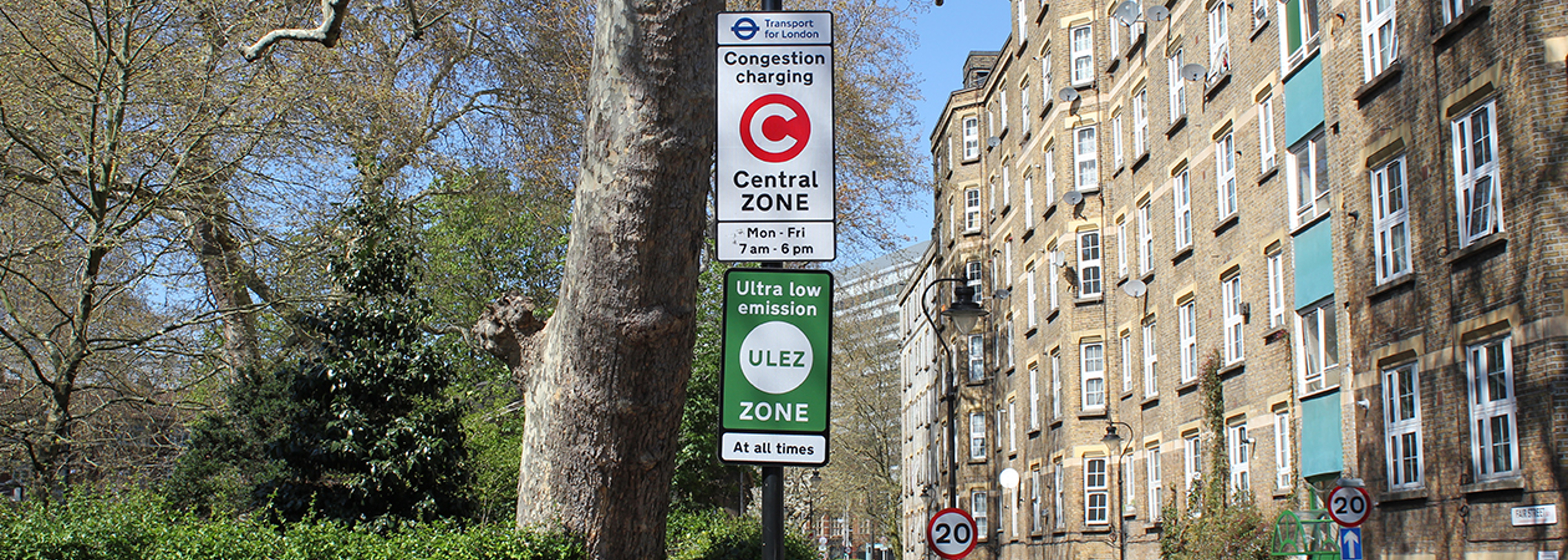Help us create an Environmental Health APPG
Join our campaign by urging your local MP to support the formation of an All-Party Parliamentary Group (APPG) on environmental health.

As the world’s first 24-hour ultra low emission zone (ULEZ) came into operation the Mayor, Sadiq Khan, reveals it has already reduced harmful pollution levels.

Help us create an Environmental Health APPG
Join our campaign by urging your local MP to support the formation of an All-Party Parliamentary Group (APPG) on environmental health.